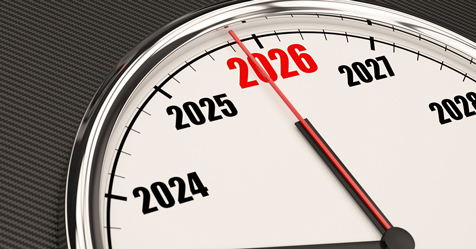What States Have the Most People Eager to Find a Job?
September 17, 2024
A new study reveals that Georgians are most eager to find jobs in the United States, with the highest volume of monthly job-hunting keyword searches per 100,000 people.
The localization management platform Centus used Google Keyword Planner to analyze the search volume data for each U.S. state in the past year for keywords related to finding a job. These keywords included “Glassdoor,” “ZipRecruiter,” “Indeed Jobs,” and “Job near me.” To avoid population bias, a monthly search volume per 100,000 people was then calculated.
Top 10 most eager states to find a new job
- Georgia—4,272 monthly Google searches for job-hunting keywords per 100,000 people. On average, the state has a total of 471,142 searches for job-hunting keywords every month.
- Delaware—3,561 monthly searches for keywords related to finding a job per 100,000 residents, and an average monthly total of 36,743 searches.
- Florida—3,546 monthly searches for job-hunting keywords for every 100,000 people, and a total of 801,696 searches on average per month.
- Mississippi—3,516 searches every month for every 100,000 people, and a total of 103,353 job-seeking searches per month.
- Maryland—3,459 monthly searches per 100,000 people, and a total of 213,755 each month on average.
- North Carolina—3,428 monthly searches for every 100,000 people, and an average monthly total of 371,397 over the last year.
- Texas—3,422 monthly searches on average per 100,000 people, and a total of 1,043,728 every month—the second highest on the list.
- Illinois—3,389 monthly searches for every 100,000 residents, and a total of 425,321 per month over the last year.
- Arizona—3,360 monthly job-hunting searches for every 100,000 people, and a total of 249,675 searches per month.
- South Carolina—3,318 monthly searches on average per 100,000 people, and a total of 178,283 searches every month over the last year.


